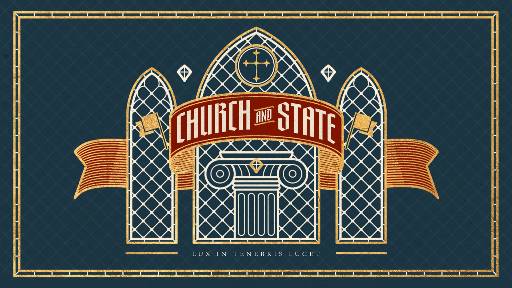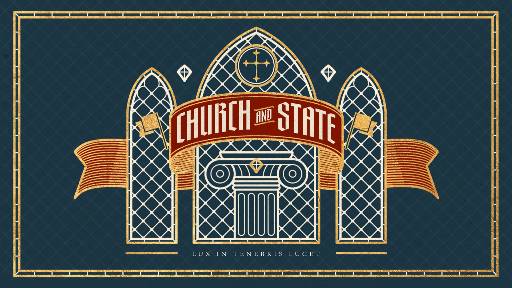-
Come Rule Again In Our Lives, O Lord Series
Contributed by Thomas Swope on Nov 28, 2017 (message contributor)
Summary: A study of the book of Isaiah chapter 63 verses 1 through 19
Isaiah 63: 1 – 19
Come Rule Again In Our Lives, O Lord
1 Who is this who comes from Edom, with dyed garments from Bozrah, This One who is glorious in His apparel, traveling in the greatness of His strength?—“I who speak in righteousness, mighty to save.” 2 Why is Your apparel red, and Your garments like one who treads in the winepress? 3 “I have trodden the winepress alone, and from the peoples no one was with Me. For I have trodden them in My anger, and trampled them in My fury; Their blood is sprinkled upon My garments, and I have stained all My robes. 4 For the day of vengeance is in My heart, and the year of My redeemed has come. 5 I looked, but there was no one to help, and I wondered that there was no one to uphold; Therefore My own arm brought salvation for Me; And My own fury, it sustained Me. 6 I have trodden down the peoples in My anger, made them drunk in My fury, and brought down their strength to the earth.” 7 I will mention the loving kindnesses of the LORD and the praises of the LORD, according to all that the LORD has bestowed on us, and the great goodness toward the house of Israel, which He has bestowed on them according to His mercies, according to the multitude of His loving kindnesses. 8 For He said, “Surely they are My people, children who will not lie.” So He became their Savior. 9 In all their affliction He was afflicted, and the Angel of His Presence saved them; In His love and in His pity He redeemed them; And He bore them and carried them all the days of old. 10 But they rebelled and grieved His Holy Spirit; So He turned Himself against them as an enemy, and He fought against them. 11 Then he remembered the days of old, Moses and his people, saying: “Where Is He Who brought them up out of the sea with the shepherd of His flock? Where Is He Who put His Holy Spirit within them, 12 Who led them by the right hand of Moses, with His glorious arm, dividing the water before them to make for Himself an everlasting name, 13 Who led them through the deep, as a horse in the wilderness, that they might not stumble?” 14 As a beast goes down into the valley, and the Spirit of the LORD causes him to rest, so You lead Your people, to make Yourself a glorious name. 15 Look down from heaven, and see from Your habitation, holy and glorious. Where are Your zeal and Your strength, the yearning of Your heart and Your mercies toward me? Are they restrained? 16 Doubtless You Are our Father, though Abraham was ignorant of us, and Israel does not acknowledge us. You, O LORD, Are our Father; Our Redeemer from Everlasting Is Your name. 17 O LORD, why have You made us stray from Your ways, and hardened our heart from Your fear? Return for Your servants’ sake, the tribes of Your inheritance. 18 Your holy people have possessed it but a little while; Our adversaries have trodden down Your sanctuary. 19 We have become like those of old, over whom You never ruled, those who were never called by Your name
Many teachers view this chapter as one of unrelieved gloom. But I believe that if you take this position they misunderstand it. Certainly God’s coming judgment on Edom (Esau) is vividly described and dwelt on, but it has to be seen as preparatory to, and a background to, the deliverance of Zion. It is a stark warning that God is the righteous Judge [would you agree] and of His coming judgment on all those who reject Him, symbolized in Edom. We are talking about Israel [Jacob] here which we learned way back in the book of Genesis 25.25-34. It was Esau who turned from the covenant. Judgment is being carried out on Eden because of its longstanding rejection of the covenant and hatred of God’s people, and because it is refusing all calls to return as we saw in chapter 21.11-12 of the book of Isaiah.
Edom (Esau) was the seed of Abraham and Isaac who went outside the line of promise because he rejected his birthright, yielding it to Jacob. He had every opportunity to remain with the covenant community but chose to turn his back on it and deserted it. He was thus a representation of all those who turn their back on the covenant, and on God’s promises. For the whole we can compare the later ‘Yet I loved Jacob, but Esau I did not love’ (Malachi 1.2-4) where we have the same principle involved.

 Sermon Central
Sermon Central



